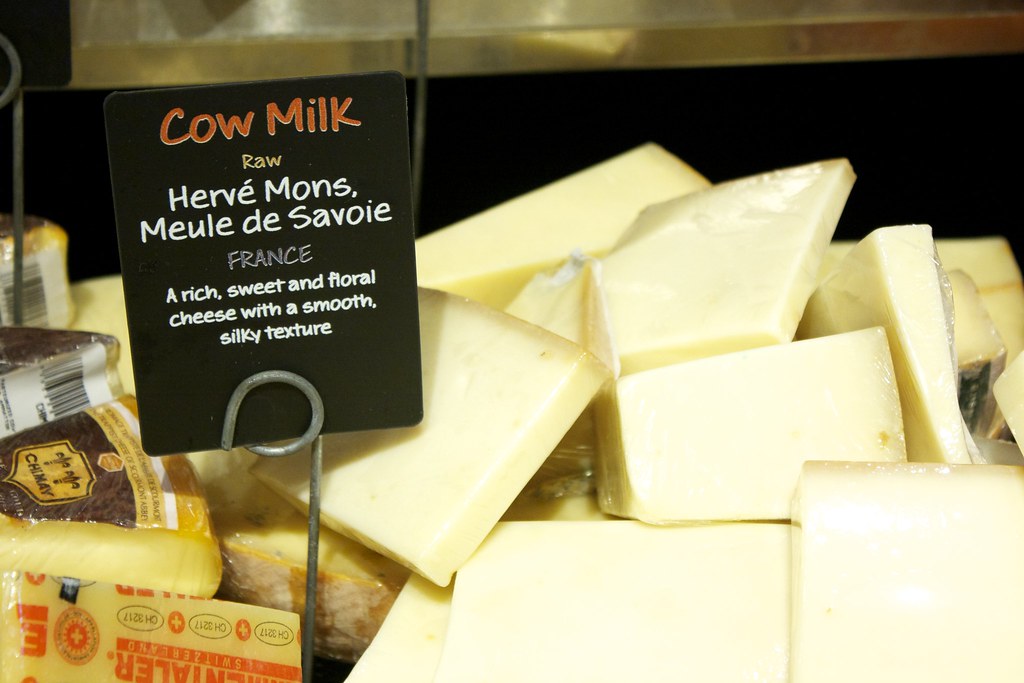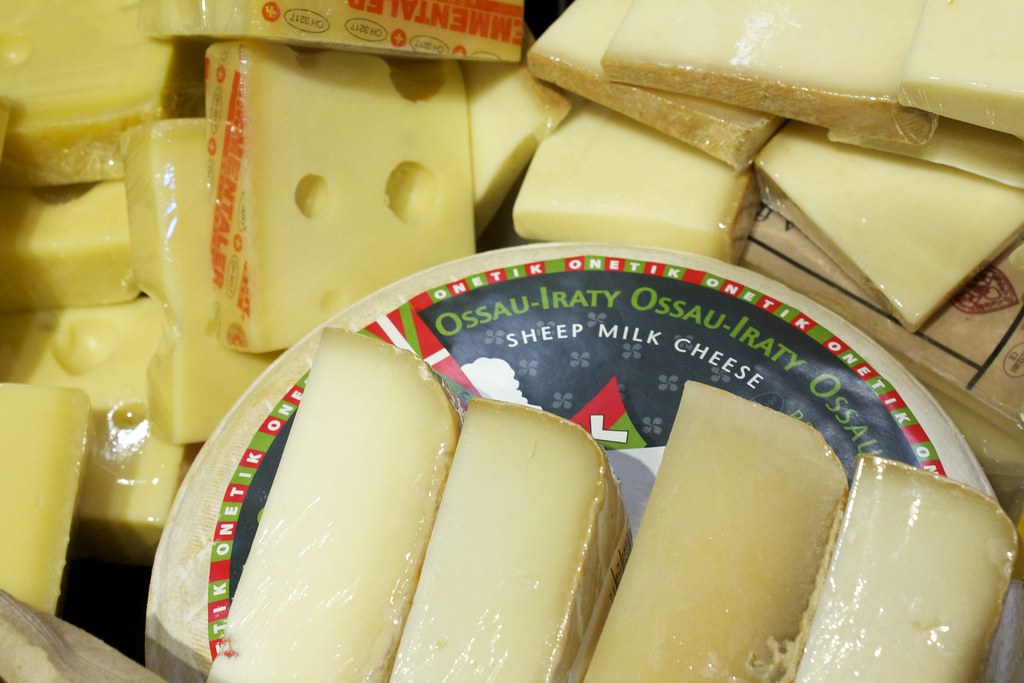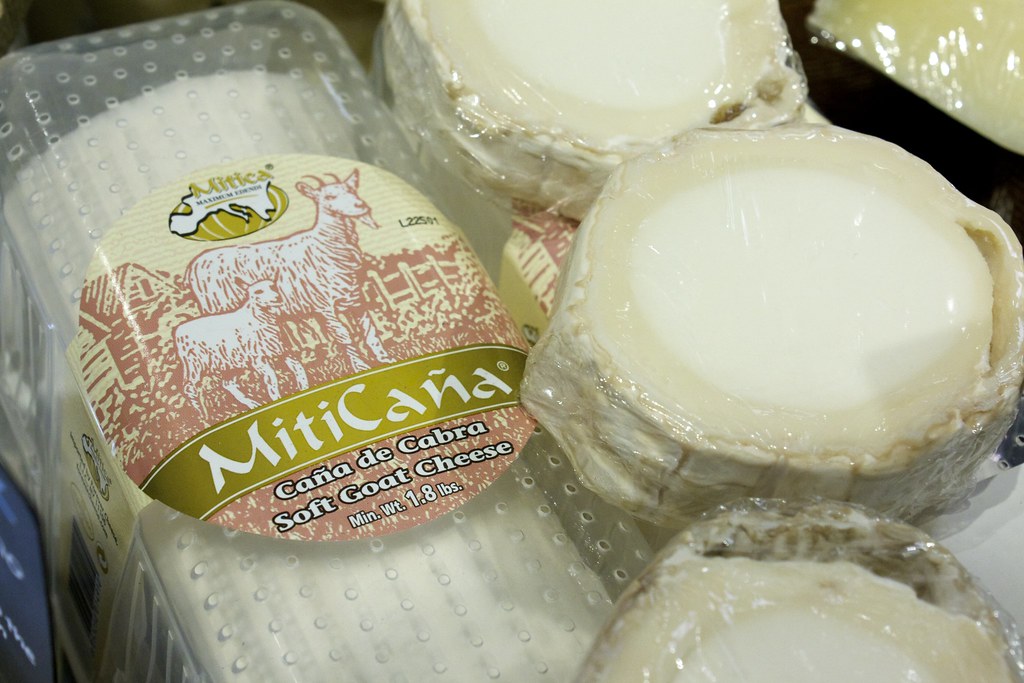We know how you feel: Checking out labels at the cheese counter may sometimes feel like reading a foreign language. What’s the difference between feta and goat cheese? How about brie and camembert? What does Parmigiano-Reggiano even mean? If you’ve ever wanted to know what makes your favorite cheeses distinct, or if you’re just looking to impress your friends at your next wine and cheese night, refer to this useful guide:
1. Cow’s milk cheese: Brie, mozzarella, Parmesan and Swiss
The majority of cheeses are produced from cow’s milk, which makes them generally less pricey than other cheeses.Their creamy flavor sets them apart from sheep and goat cheeses, while the presence of carotene in cow’s milk gives these cheeses a more yellowish color. Most well-known varieties fall into this category, including brie, mozzarella, Parmesan and Swiss.
2. Sheep’s milk cheese: Feta, ricotta and Manchego
Notable for their smooth and slightly oily texture, these semi-soft cheeses tend to be the mildest in flavor, but with a slight saltiness. They’re also highly nutritious — containing more vitamins B and E and calcium than other cheeses — but have the highest fat content. Manchego, feta and ricotta are some of the most common examples of sheep’s milk cheese.
3. Goat’s milk cheese
Also known as chèvre (the French word for goat), goat cheese is unique for both its tangy flavor and strong aroma. It’s usually bright white in color and can range from soft to hard in texture. Since goats eat different grasses and leaves than other animals, goat cheese tends to have a stronger acidic flavor than other cheeses. These cheeses are lowest in fat, and most of them are produced in France.
So whether you find yourself at a swanky soirée, or just in Whole Foods with a little extra cash on your hands, use these basics to help you make the savviest cheese choice (hint: it’s not Kraft Singles).




